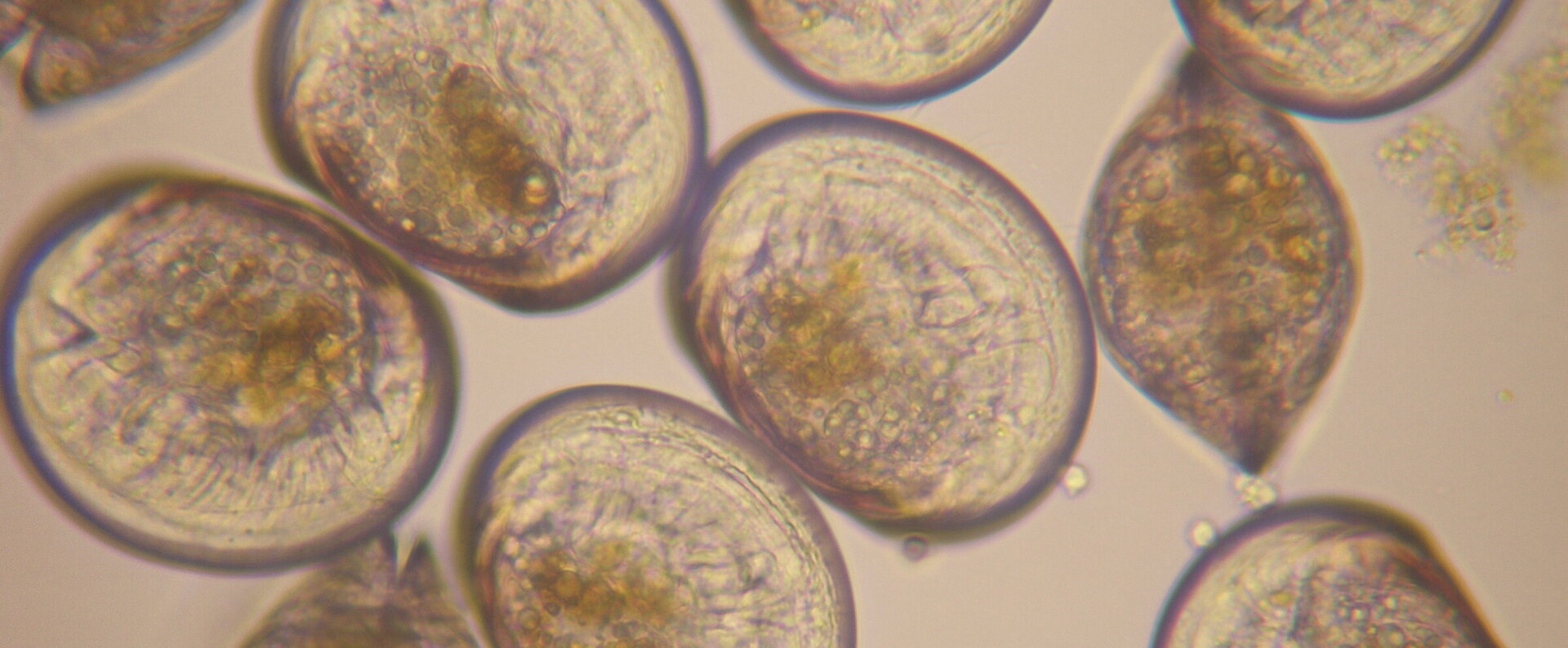Microbiologist
Microbiologists study micro-organisms, such as bacteria, viruses and fungi, and the effects they have on plants, animals, sea life and humans. They also develop products from micro-organisms to benefit humans or the environment.
What do Microbiologists do at work?
- Analyze and perform tests and experiments on micro-organisms.
- Identify and characterise micro-organisms, including those that cause disease.
- Develop and use micro-organisms to produce vaccines, medicines, fuels and chemicals.
- Grow micro-organisms to use in food.
- Identify micro-organisms that may pollute food, water, and the environment.
- Prepare reports and papers, and present results.
- Provide technical guidance to assistants.
Skills and knowledge
- Knowledge of molecular biology and genetics, biochemistry and chemistry
- Practical skills for performing experiments and operating scientific equipment.
- Knowledge of laboratory hazards and proper safety procedures
- Skill in analysing and interpreting research results and other information
- Problem-solving skills
- Presentation and writing skills for reports or grant proposals.
- Maths and computer skills.
Entry requirements
- To become a Microbiologist, you need to have a Bachelor of Science majoring in microbiology, biotechnology, biochemistry or molecular biology.
- A postgraduate qualification, such as a Master’s degree or Doctorate, is usually required for research-based positions.
Qualifications
A tertiary entrance qualification is required to enter further training. Useful subjects include NCEA 3 Biology, Maths, Chemistry, Physics Maths and English
